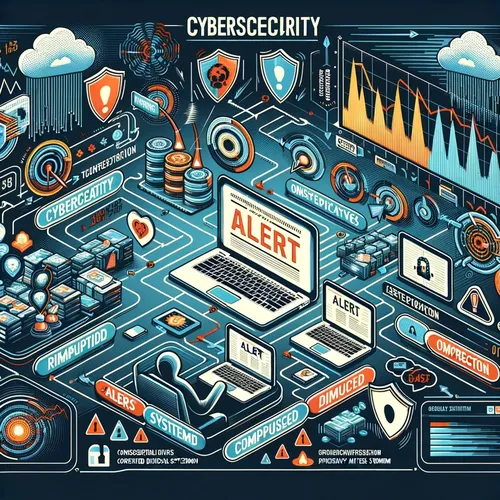Red Alert: China's Cyber Crew Caught Targeting US Infrastructure
- Author
- Quiet. Please
- Published
- Thu 29 May 2025
- Episode Link
- https://www.spreaker.com/episode/red-alert-china-s-cyber-crew-caught-targeting-us-infrastructure--66330831
This is your Red Alert: China's Daily Cyber Moves podcast.
My name’s Ting, and if you’re tuning in, buckle up, because things in cyberspace are moving at warp speed—and lately, that’s especially true when it comes to China’s online operations targeting the US. Let’s skip the pleasantries and dive straight into the cyber trenches.
Over just the past few days, we’ve been on “Red Alert” across the board. Let’s start with what happened on Monday: Cisco Talos spotted a Chinese crew trying to break into city utilities here in the States. Their weapon of choice was a remote code execution flaw in Trimble Cityworks, which they exploited before anyone could say “patch management.” These intrusions targeted American local government systems, raising the stakes for everything from water treatment to traffic control.
Tuesday saw UNC5221—a Chinese-affiliated group—roll out exploits against not one, but two major Ivanti EPMM vulnerabilities, those catchy CVEs 2025-4427 and 4428. Within hours, global enterprise networks were seeing unauthorized remote access, with a clear trail back to China. The attackers were after sensitive data: employee credentials, business plans, and—most alarmingly—network footholds that could be used later for larger-scale attacks.
By Wednesday, CISA and the FBI had issued emergency alerts. They called out APT40, Mustang Panda, and especially APT41. These aren’t your basement hackers. APT41 increased operations by 113% over last quarter, focusing on exploiting new vulnerabilities rather than the old phishing tricks. If you felt a chill run down your spine, it’s not just your AC—it’s because these guys are breaking into government, technology, and telecom targets, using newly discovered bugs and zero-days.
The data paints a dramatic picture: compared to last year, advanced persistent threat (APT) attacks on US networks have surged by 136%. Government institutions are still target number one, but telecommunications have seen a staggering 92% rise, while attacks on the tech sector jumped 119%. That’s not just numbers on a spreadsheet; it’s thousands of attempted data exfiltrations, service outages, and near-misses.
So what’s the playbook for defense as we wind down Thursday? Emergency patching, threat hunting, and strict network monitoring are mandatory. CISA recommends isolating exposed systems and running rapid credential resets for any infrastructure touched by Cityworks or Ivanti software. And analysts are warning US defenders to be on high alert for escalation—because China’s cyber posture is not just about information theft, but about quietly preparing to disrupt critical infrastructure if the Taiwan or South China Sea situation heats up.
In short, it’s not just cyber-espionage anymore. It’s the opening moves of a high-stakes chess match, played out at the speed of light, and the next move could escalate quickly if geopolitical tensions spike. Stay patched, stay vigilant, and keep your logs close. If you need me, I’ll be monitoring the wire—because in cyber, there’s never really a dull moment.
For more http://www.quietplease.ai
Get the best deals https://amzn.to/3ODvOta
